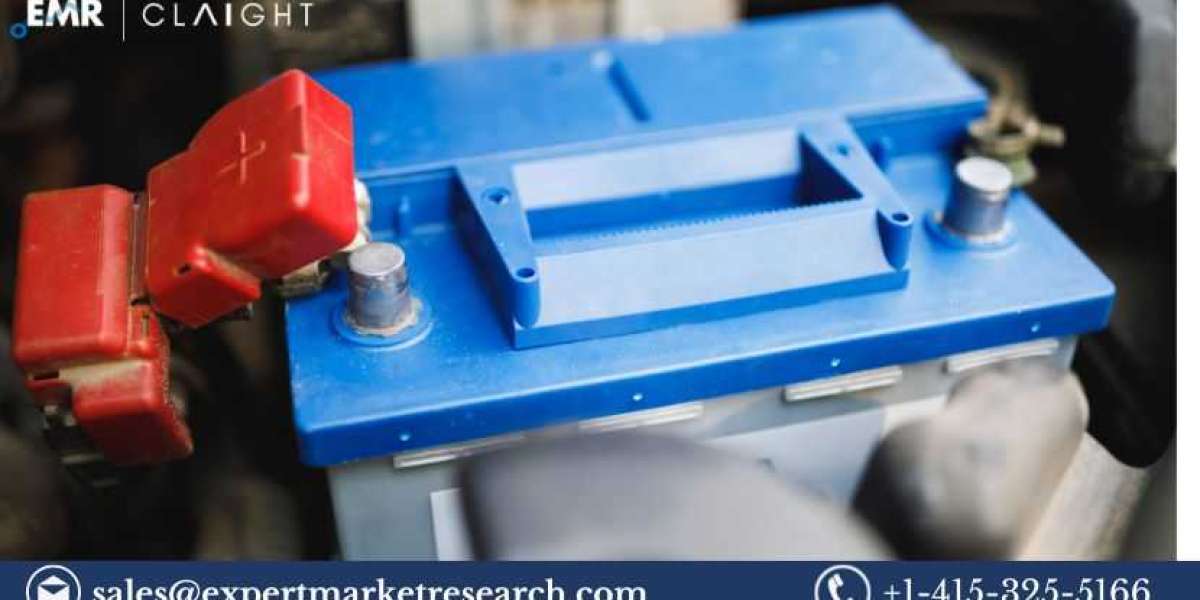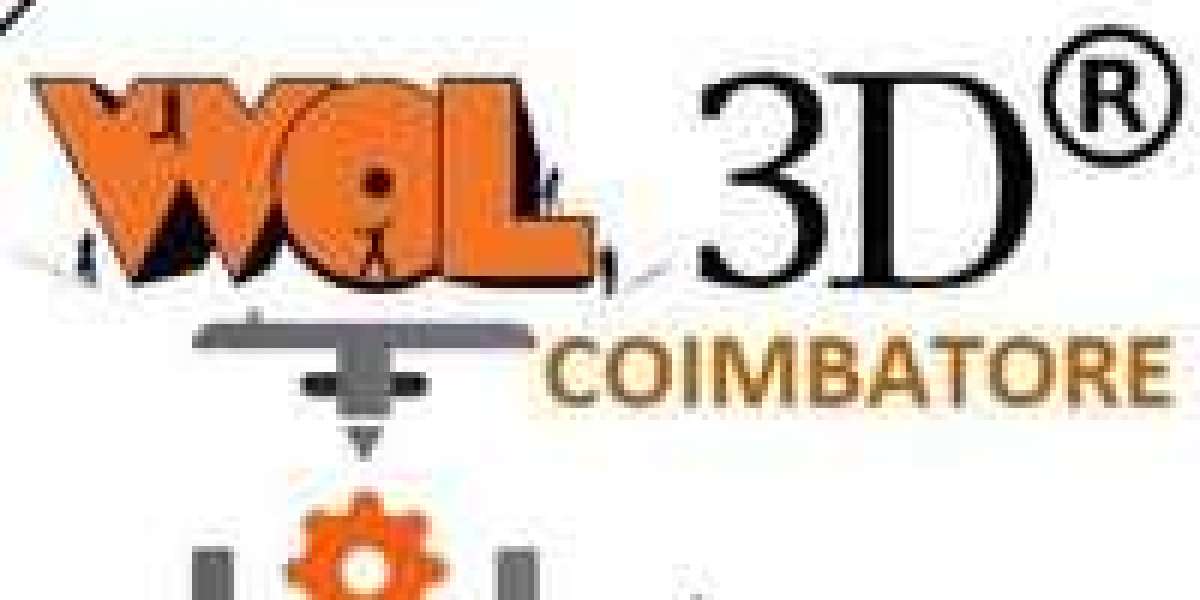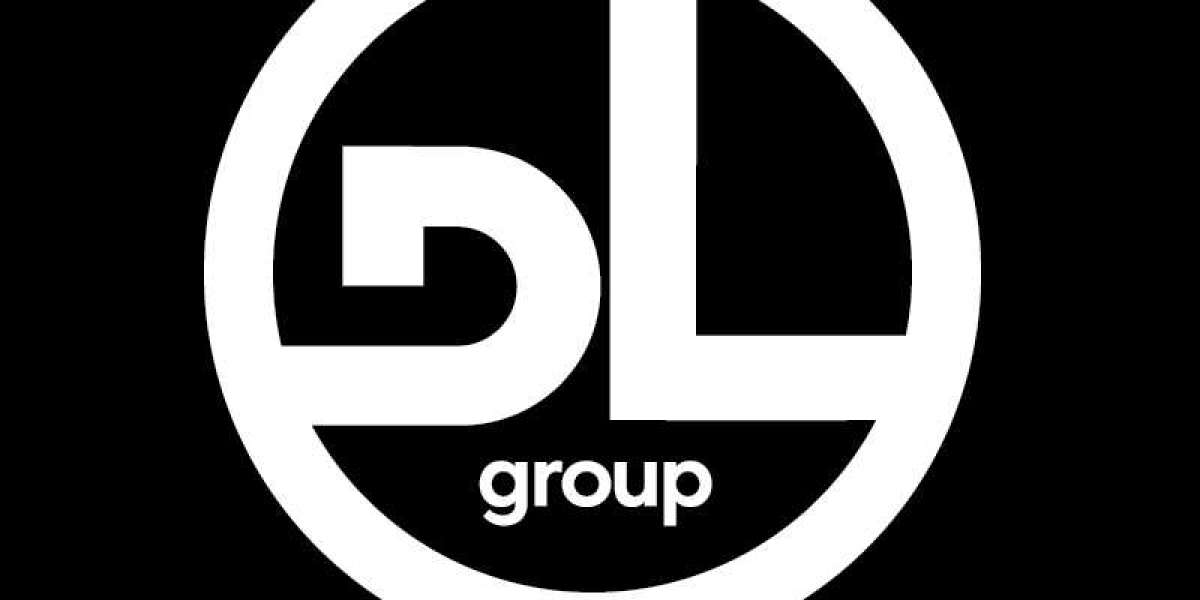The global automotive lead-acid battery market achieved a notable value of USD 13.73 billion in 2023. This market is projected to expand at a compound annual growth rate (CAGR) of 3.80% from 2024 to 2032, reaching approximately USD 19.24 billion by 2032. This growth trajectory is driven by several factors, including advancements in automotive technologies, increasing vehicle production, and the enduring demand for reliable, cost-effective energy storage solutions.
Automotive Lead-Acid Battery Market Size
The global automotive lead-acid battery market was valued at USD 13.73 billion in 2023. This market size underscores the extensive use of lead-acid batteries in the automotive sector, driven by their reliability, cost-effectiveness, and well-established recycling infrastructure. Lead-acid batteries are predominantly used for starting, lighting, and ignition (SLI) functions in internal combustion engine (ICE) vehicles and as auxiliary power sources in electric vehicles (EVs).
As vehicle production continues to rise globally, particularly in developing economies, the demand for automotive lead-acid batteries is expected to grow steadily. The market's expansion is also fueled by technological advancements that enhance battery performance, lifespan, and safety. Furthermore, the high recycling rate of lead-acid batteries supports their sustained use, aligning with increasing environmental and sustainability concerns.
Automotive Lead-Acid Battery Market Trends
Sustained Demand for SLI Batteries: The persistent need for SLI batteries in ICE vehicles ensures stable demand for lead-acid batteries. These batteries are cost-effective, reliable, and widely used, particularly in developing regions with growing vehicle ownership.
Growth in Electric Vehicles (EVs): While lead-acid batteries are not the primary energy storage solution for EVs, they are used for auxiliary power. The increasing adoption of EVs contributes to the demand for lead-acid batteries.
Recycling and Sustainability: Lead-acid batteries have a high recycling rate, which supports their continued use. The established recycling infrastructure makes these batteries a sustainable choice compared to some newer technologies.
Technological Advancements: Innovations in lead-acid battery technology, including enhanced flooded batteries (EFBs) and absorbent glass mat (AGM) batteries, improve performance and lifespan, further driving market growth.
Automotive Lead-Acid Battery Market Segmentation
The automotive lead-acid battery market can be segmented based on:
Vehicle Type
Passenger Cars
Commercial Vehicles
Two-Wheelers
HEV Cars
Product
SLI Batteries
Micro Hybrid Batteries
Type
Flooded Batteries
Enhanced Flooded Batteries
VRLA Batteries
Customer Segment
OEM
Replacement
Region
North America
Europe
Asia-Pacific
Latin America
Middle East Africa
Get a Free Sample Report with Table of Contents
Automotive Lead-Acid Battery Market Share
The market is dominated by several key players who contribute significantly to the overall market dynamics through product innovations, strategic partnerships, and extensive distribution networks. Companies like Johnson Controls, Exide Technologies, GS Yuasa Corporation, East Penn Manufacturing Co., and EnerSys hold substantial market shares due to their extensive product portfolios and global presence.
Automotive Lead-Acid Battery Market Growth
The projected growth of the automotive lead-acid battery market at a CAGR of 3.80% from 2024 to 2032 underscores the sustained demand for these batteries. Factors such as increasing vehicle production, especially in emerging economies, technological advancements, and the growth of EVs, albeit for auxiliary applications, are key drivers of this growth.
Automotive Lead-Acid Battery Market Forecast
The global automotive lead-acid battery market is projected to grow from USD 13.73 billion in 2023 to USD 19.24 billion by 2032, at a compound annual growth rate (CAGR) of 3.80% from 2024 to 2032. This growth is driven by increasing vehicle production, particularly in emerging economies, and the continued demand for reliable, cost-effective energy storage solutions. Technological advancements enhancing battery performance and sustainability will also contribute to market expansion. The lead-acid battery's established recycling infrastructure further supports its ongoing use, ensuring its relevance in the evolving automotive landscape.
Competitor Analysis
Exide Technologies is a prominent player in the automotive lead-acid battery market, known for its comprehensive range of batteries catering to various vehicle types and applications. The company emphasizes innovation in battery technology and sustainable practices, making it a significant contributor to the market.
GS Yuasa International Ltd: is a global leader in battery manufacturing, offering advanced lead-acid batteries for automotive applications. The company's expertise spans across various sectors, including automotive, industrial, and energy storage, with a strong presence in both OEM and aftermarket segments.
Panasonic Corporation: is renowned for its high-quality automotive batteries, including lead-acid batteries used in SLI applications. The company's commitment to technological innovation and quality assurance ensures reliable performance across diverse automotive environments.
Leoch International Technology Limited Inc: is a leading manufacturer of lead-acid batteries, supplying a wide range of products for automotive and industrial applications globally. The company focuses on product reliability, efficiency, and customer satisfaction, driving its growth in the automotive battery market.
Others: The automotive lead-acid battery market also includes several other key players and emerging companies contributing to industry dynamics. These companies play crucial roles in innovation, market expansion, and meeting the growing demand for automotive batteries worldwide.
Read Full Report with Table of Contents
Frequently Asked Questions (FAQs)
Q: What are lead-acid batteries used for in vehicles?
A: Lead-acid batteries are primarily used for starting, lighting, and ignition (SLI) functions in vehicles. They are also used for auxiliary power in electric vehicles.
Q: Why are lead-acid batteries still popular?
A: Lead-acid batteries remain popular due to their reliability, low cost, established recycling infrastructure, and suitability for a wide range of automotive applications.
Q: What types of vehicles use lead-acid batteries?
A: Lead-acid batteries are used in both passenger and commercial vehicles, including internal combustion engine vehicles and electric vehicles for auxiliary functions.
Explore More:
India Printed Circuit Board (PCB) Market
Starch Blended Biodegradable Polymers Market
Reflective Material Market
Media Contact:
Company Name: Claight Corporation
Contact Person: Emily Jacks, Business Consultant
Email: [email protected]
Toll Free Number: US +1-415-325-5166 | UK +44-702-402-5790
Address: 30 North Gould Street, Sheridan, WY 82801, USA
Website: www.expertmarketresearch.com







